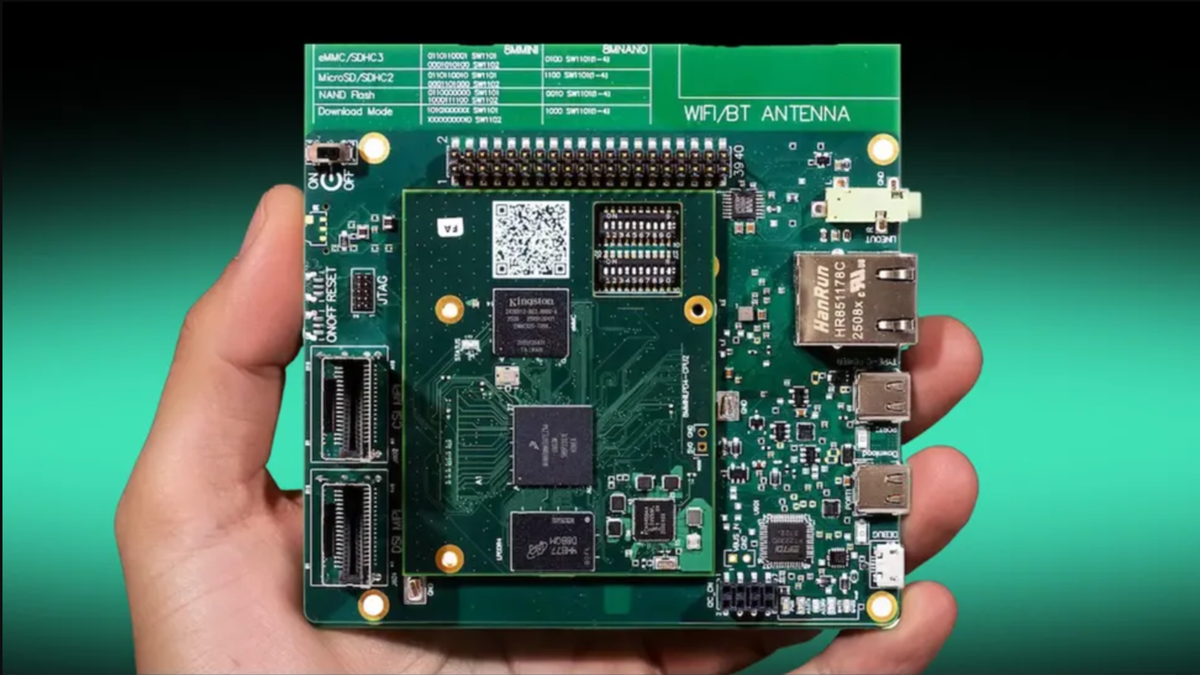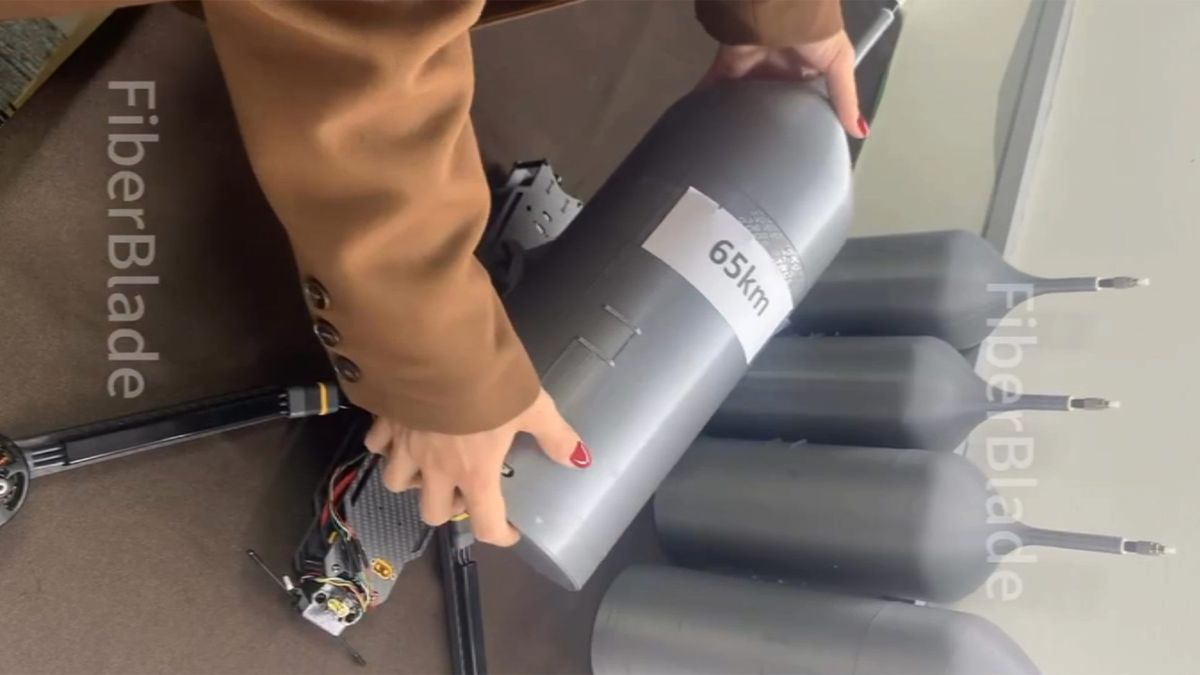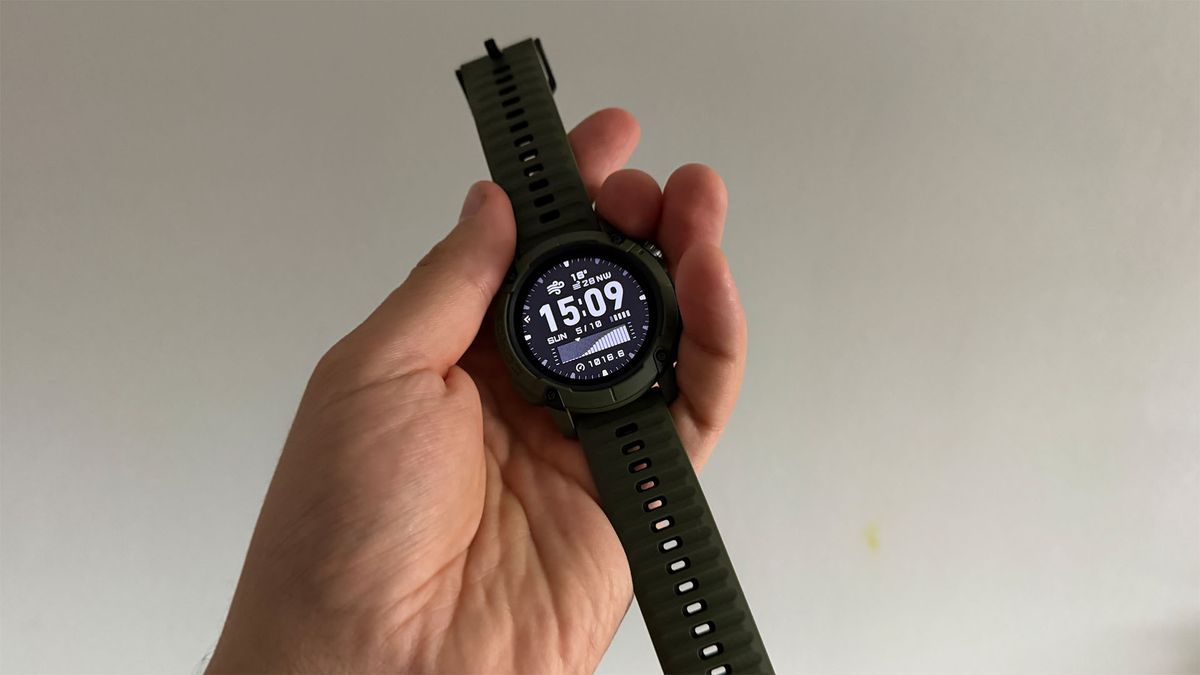A troubling new trend is crystallizing in the tech industry. A company at the forefront of AI development lays off thousands of its human employees, then encourages them to seek comfort from the very technology supplanting them. It’s the automation of suffering, and it’s happening now.
This week, Matt Turnbull, an Executive Producer at Xbox Game Studios Publishing, became a case study. Following Microsoft’s decision to cut thousands jobs from its gaming division, Turnbull took to LinkedIn. With what seems like good intentions, he encouraged former employees to turn to AI tools like ChatGPT and Copilot to manage the emotional and logistical fallout.
“These are really challenging times, and if you’re navigating a layoff or even quietly preparing for one, you’re not alone and you don’t have to go it alone,” his post began. “I know these types of tools engender strong feelings in people, but I’d be remiss in not trying to offer the best advice I can under the circumstances.”
He continued: “I’ve been experimenting with ways to use LLM AI tools (like ChatGPT or Copilot) to help reduce the emotional and cognitive load that comes with job loss.”
The message landed with a surreal thud. Microsoft, which just ended your employment, was now outsourcing your emotional support to a bot. The July layoffs hit Xbox Game Studios. Alongside the job cuts, Microsoft announced that ambitious titles like Perfect Dark and Everwild are being canceled, and at least one studio, The Initiative, one of Microsoft’s newer, high-profile studios, is being closed entirely. In his now deleted post captured by Aftermath, Turnbull even offered prompt templates to help the newly unemployed start their conversations with the AI.
These folks are absolute sociopaths. pic.twitter.com/TSoqUvBnlH
— Julien Eveillé – THRESHOLD 30% OFF (@PATALOON) July 4, 2025
Your AI Therapist Will See You Now
He categorized the prompts like a self help guide for the digital age:
Career Planning
- Act as a career coach. I’ve been laid off from a [role] in the game industry.
- Help me build a 30 day plan to regroup, research new roles, and start applying without burning out.
- What kinds of game industry jobs could I pivot to with experience in [Production/Narrative/LiveOps/etc.]?
Resume & LinkedIn Help
- Here’s my current resume. Give me three tailored versions: one for AAA, one for platform/publishing roles, and one for startup/small studio leadership.
- Rewrite this summary bullet to highlight impact and metrics.
- Draft a new LinkedIn ‘About Me’ section that focuses on my leadership style, shipped titles, and vision for game development.
Networking & Outreach
- Draft a friendly message I can send to old coworkers letting them know I’m exploring new opportunities.
- Write a warm intro message for reaching out to someone at [studio name] about a job posting.
Emotional Clarity & Confidence
- I’m struggling with imposter syndrome after being laid off. Can you help me reframe this experience in a way that reminds me what I’m good at?
The message is clear: AI is your new therapist and outplacement service, rolled into one. Where a hefty severance package from a large corporation once included connections to human career coaches, AI now appears to be the cheaper, more scalable solution.
While the prompts themselves may be useful, the gesture feels hollow coming from a leader at the company responsible for the layoffs. This is a stark redefinition of corporate care: outsourced, AI assisted, and quietly depersonalized. It’s a chilling reframing of the social contract, where even empathy is routed through software.
Tech Created the Problem. Now It Sells You the Fix
This is the tech world’s cynical feedback loop. The same industry obsessed with automating jobs is now positioning its products as the cure for the emotional damage it inflicts. Microsoft, which has invested over $13 billion into OpenAI, has a direct financial stake in this solution. When an executive at a Microsoft owned studio promotes ChatGPT or its own Copilot as the first resource for the unemployed, it blurs the line between genuine concern and brand alignment.
Empathy becomes a use case. Trauma becomes another customer journey.
The Stakes: From Outplacement to Automated Recovery
Traditionally, outplacement services offered a human touch. As LLMs become more powerful, the corporate pressure to automate post layoff support will only grow. A chatbot can rewrite your resume, coach you for interviews, and talk you down from a mental spiral, at least in theory.
But what gets lost in that shift? What happens to the human dignity of grief, reflection, and real connection during a time of professional crisis?
Even Turnbull acknowledged the tension in his post: “No AI tool is a replacement for your voice or your lived experience. But at a time when mental energy is scarce, these tools can help get you unstuck faster, calmer, and with more clarity.”
The Bigger Picture
Turnbull’s post isn’t an isolated incident; it’s a flare signaling a major cultural shift in tech, where recovery is being privatized, individualized, and automated. There’s a strange, unnerving optimism embedded in all this: the belief that you can prompt your way out of pain.
But pain isn’t a productivity issue. And a layoff isn’t a user experience problem. If the only support a worker receives is from a chatbot trained on the internet’s vast archive of trauma, we are witnessing the dawn of something much darker than a downturn. We are seeing the first wave of algorithmic grief management, sanctioned by the very forces that deemed human workers disposable in the first place.









 English (US) ·
English (US) ·